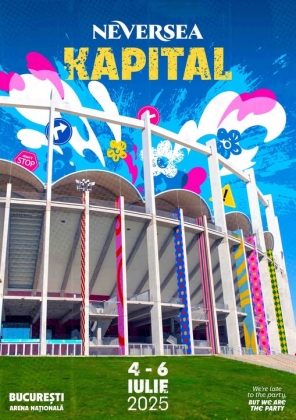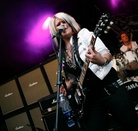Neversea Kapital 2025: A Symphony of Anticipation in the Heart of Bucharest ???? |
||
 
As the calendar inches toward July, the air thickens with expectation, and Bucharest’s pulse quickens in rhythmic anticipation of an event that promises to etch itself into the city’s cultural consciousness. Neversea Kapital, the inaugural edition of a festival poised to redefine urban musical experiences, is not merely a concert - it is a convergence of artistry, community, and rebellion, set against the backdrop of one of Europe’s most electrifying capitals. With a mere two months separating us from the moment Arena Națională transforms into a pulsating epicenter of sound and spirit, the city hums with the quiet urgency of a thousand whispered promises. Over 50,000 registrations have already cemented this festival’s status as a cultural phenomenon, a testament to the magnetic pull of its premise: three days and nights of unbridled freedom, where the boundaries between performer and audience dissolve into a shared, throbbing entity. |
||
| Writer: Vlad Ionut Piriu | ||
|
I don't have Facebook
|
||
Neversea Kapital 2025: A Symphony of Anticipation in the Heart of Bucharest ???? | FESTIVALPHOTO







